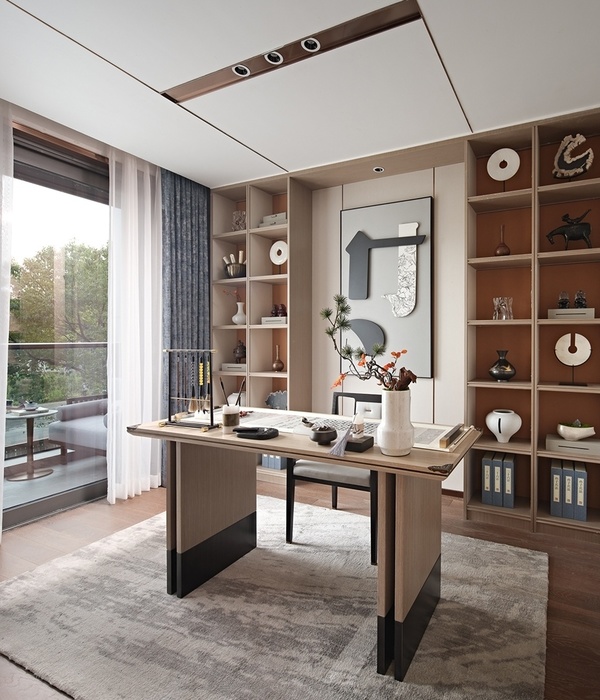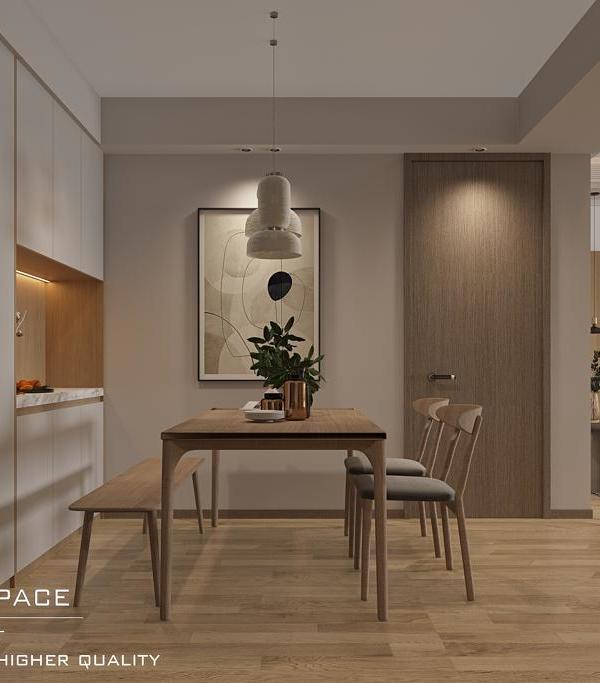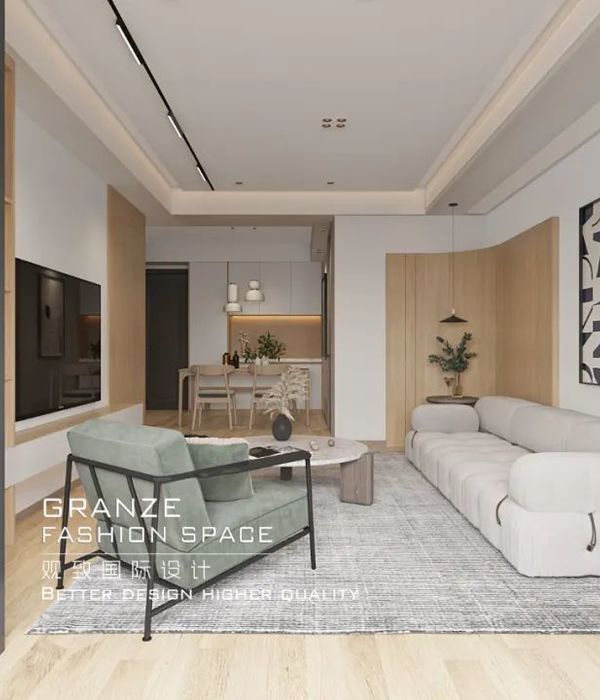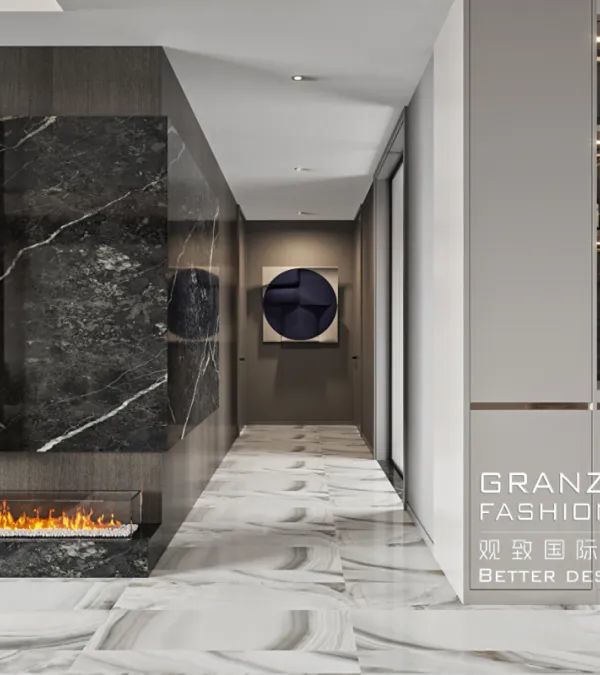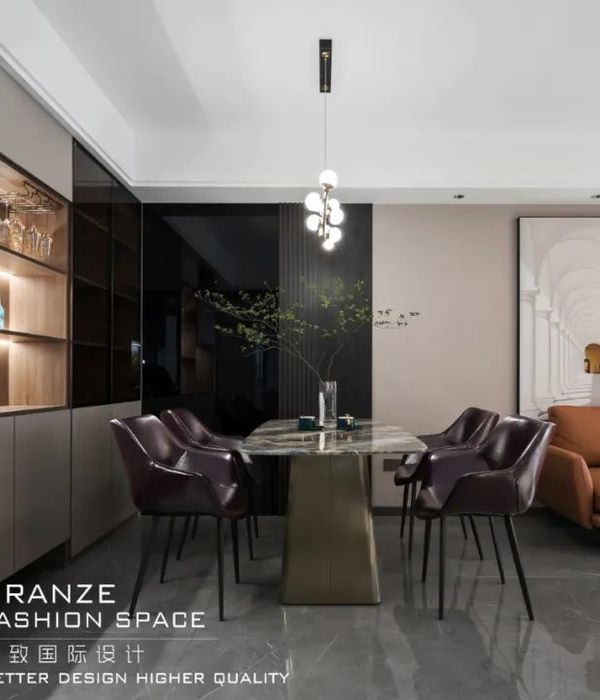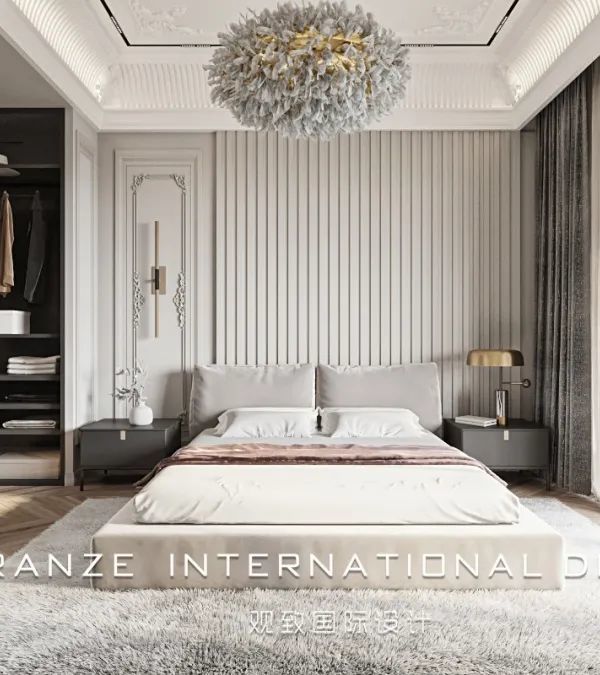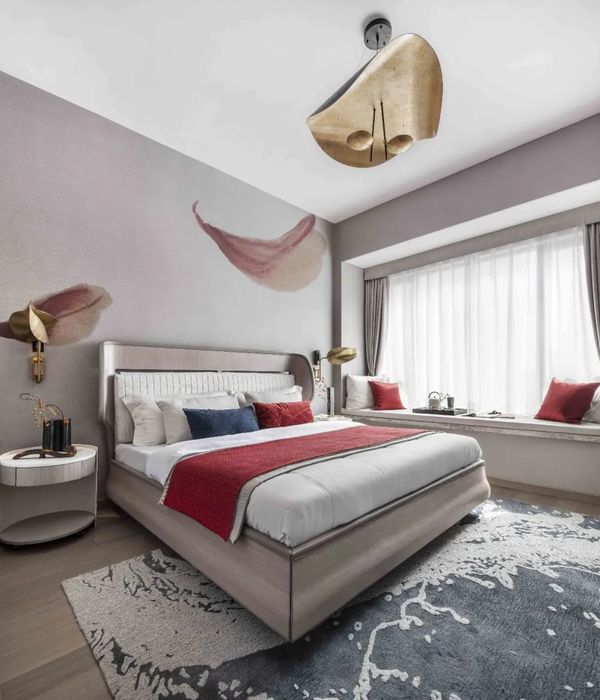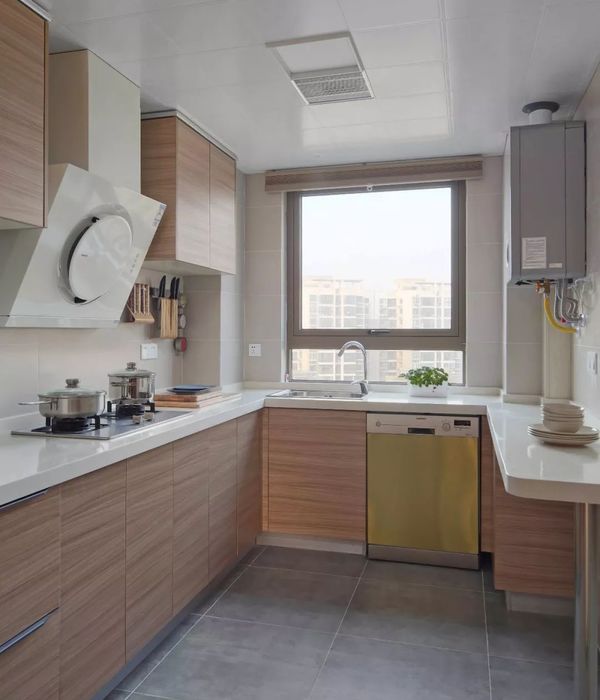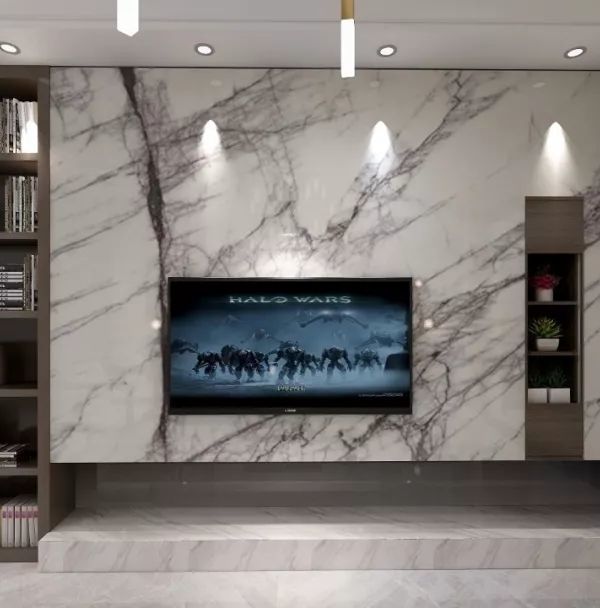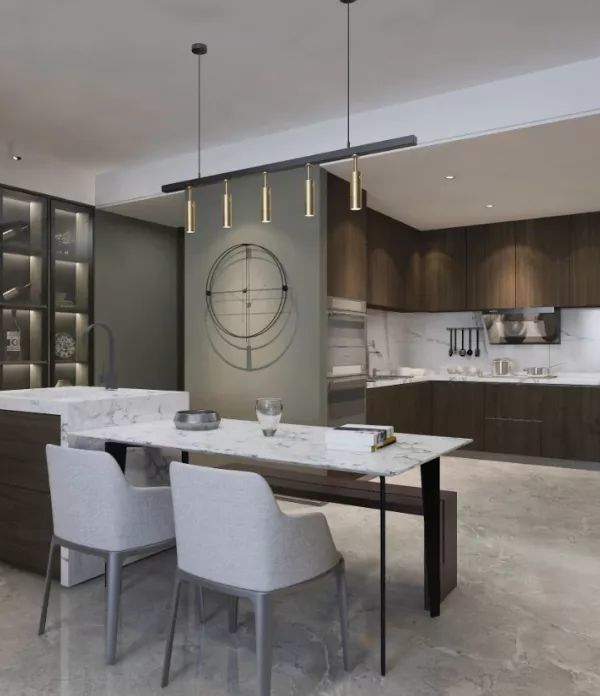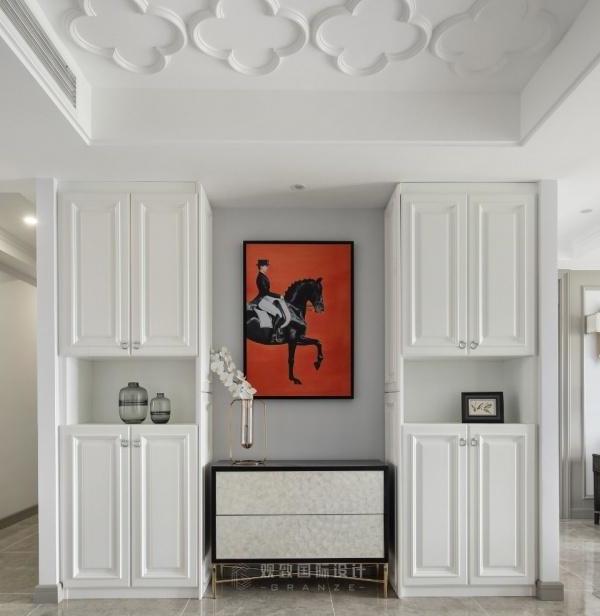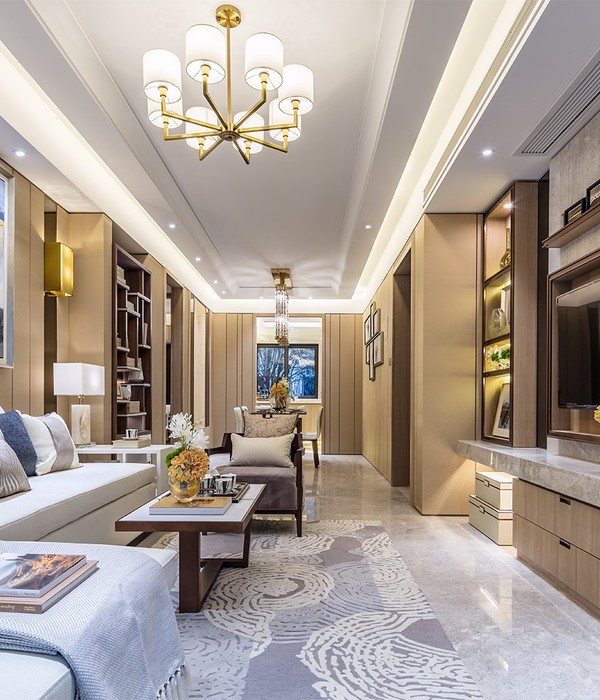恢复自然 | 巴塞罗那 Plaza de las Glorias 改造设计
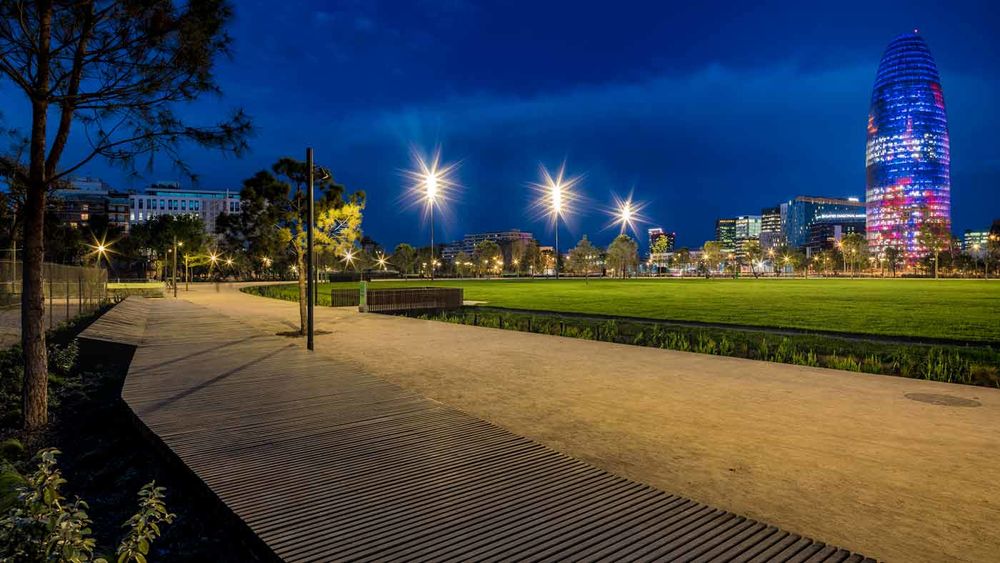
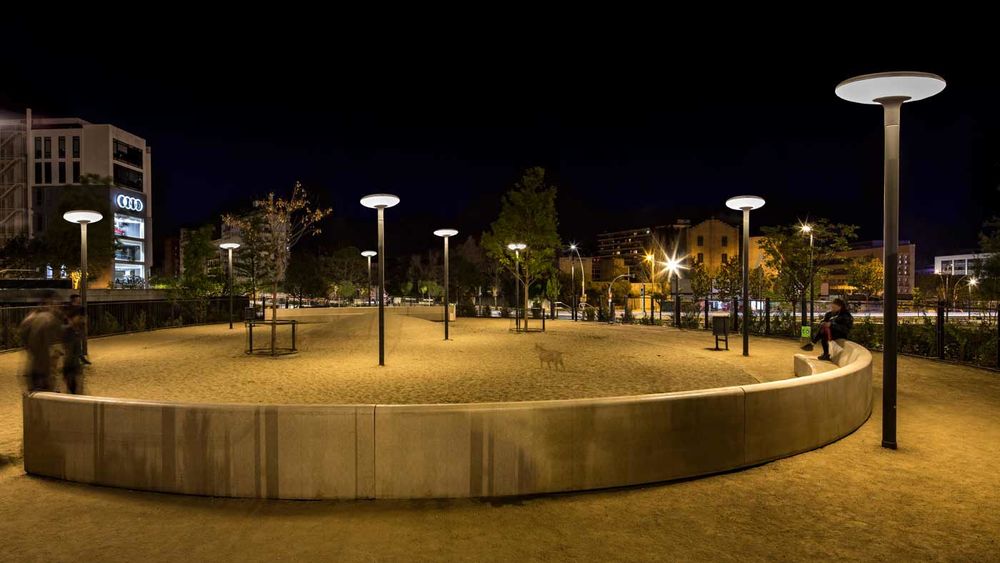
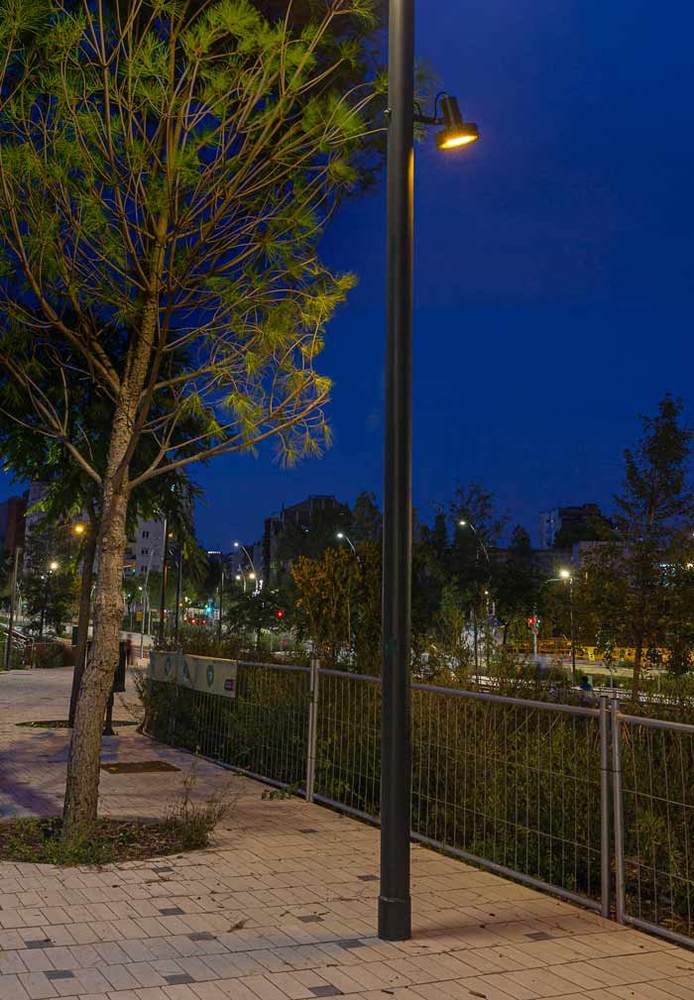
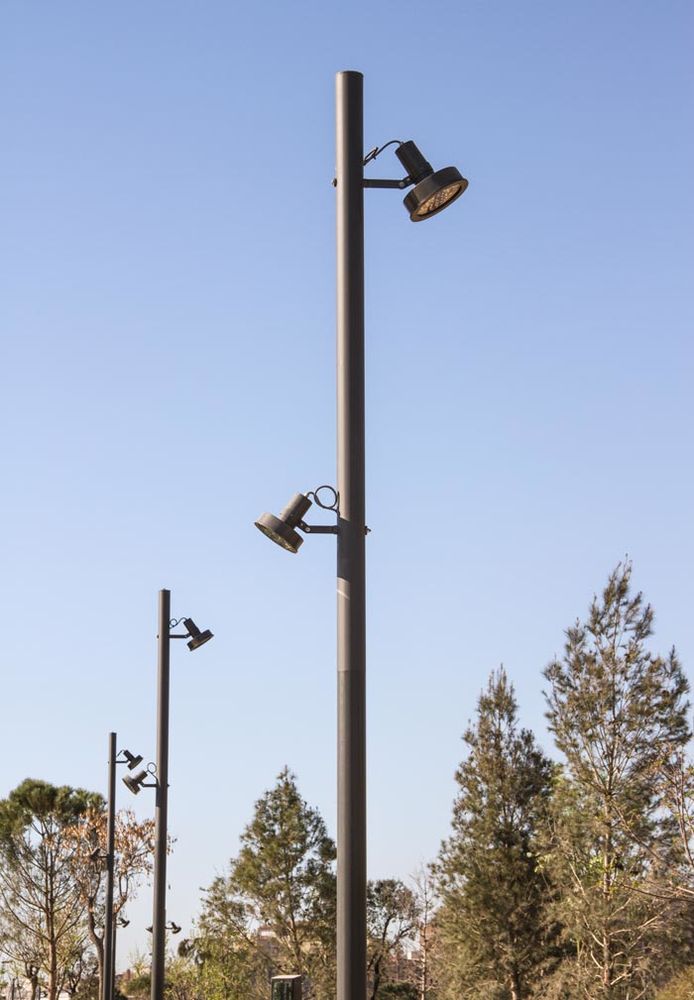
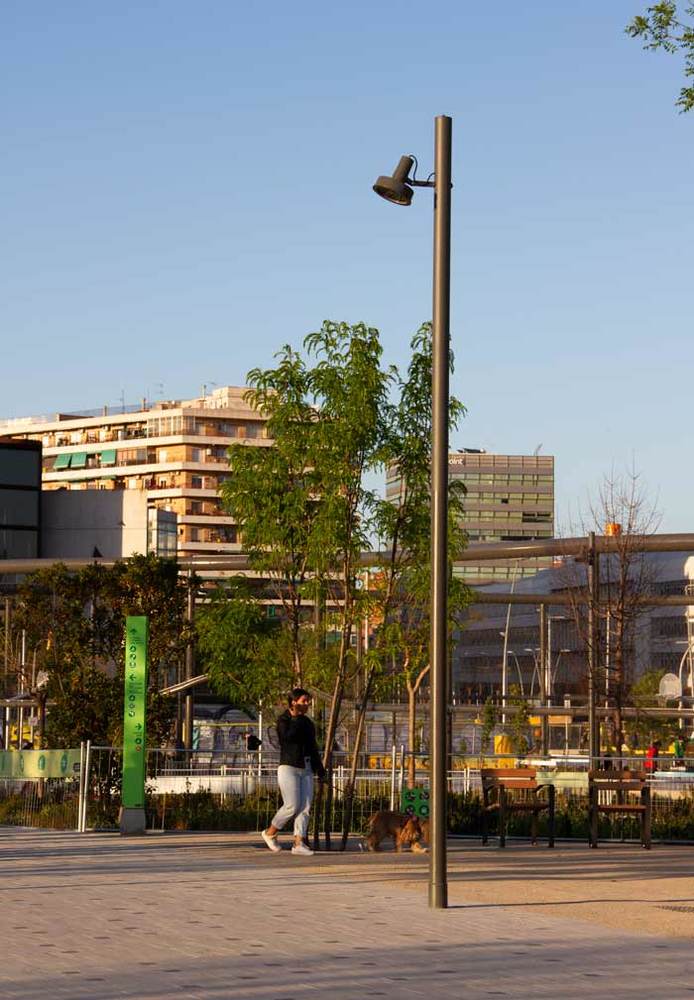
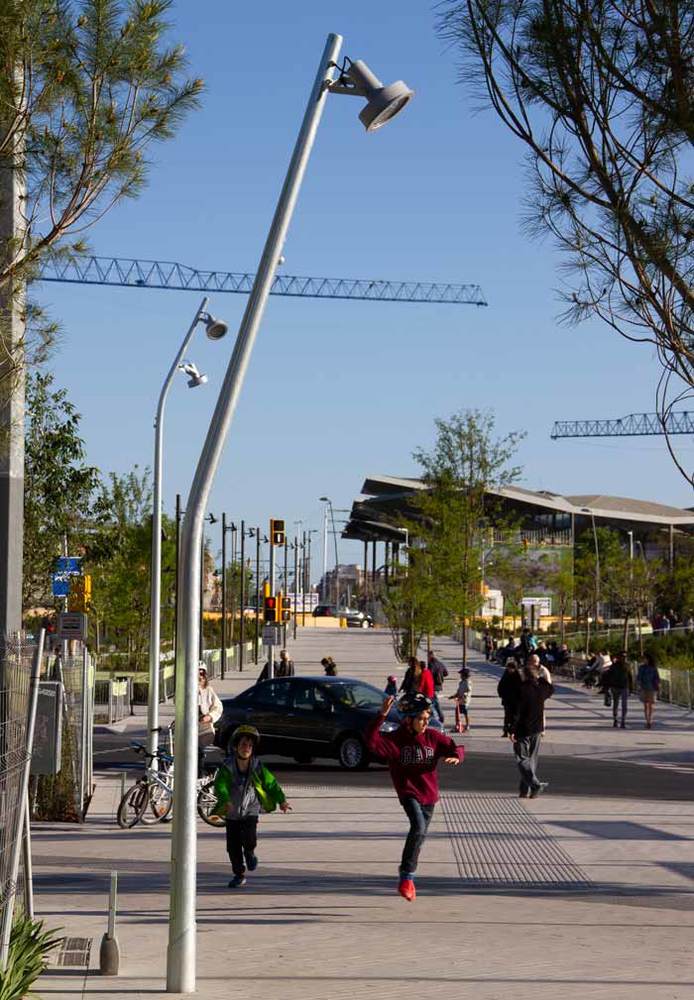
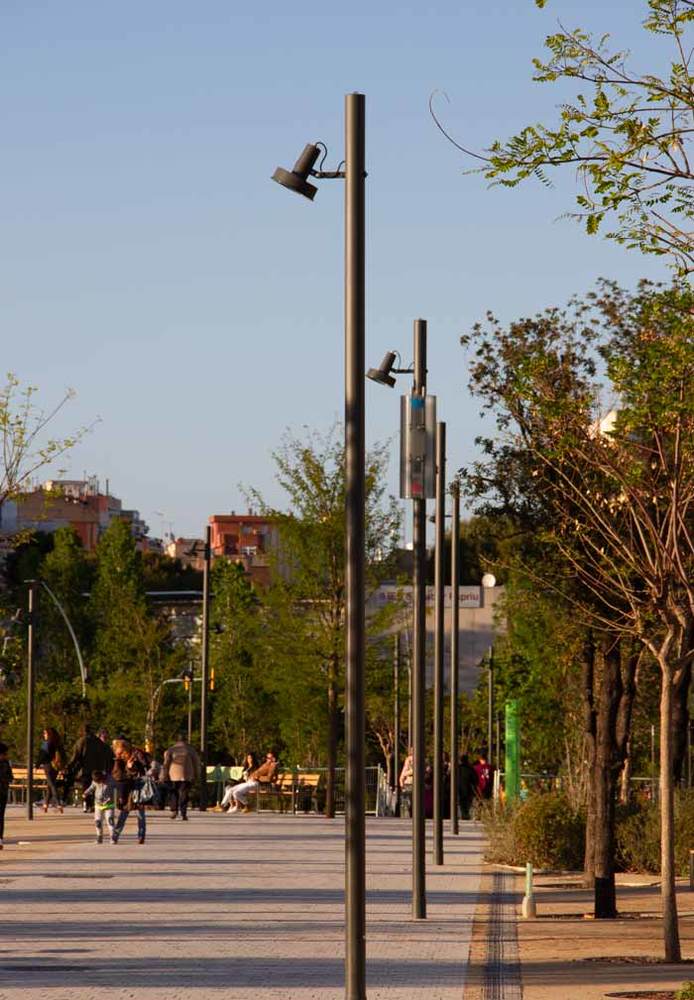
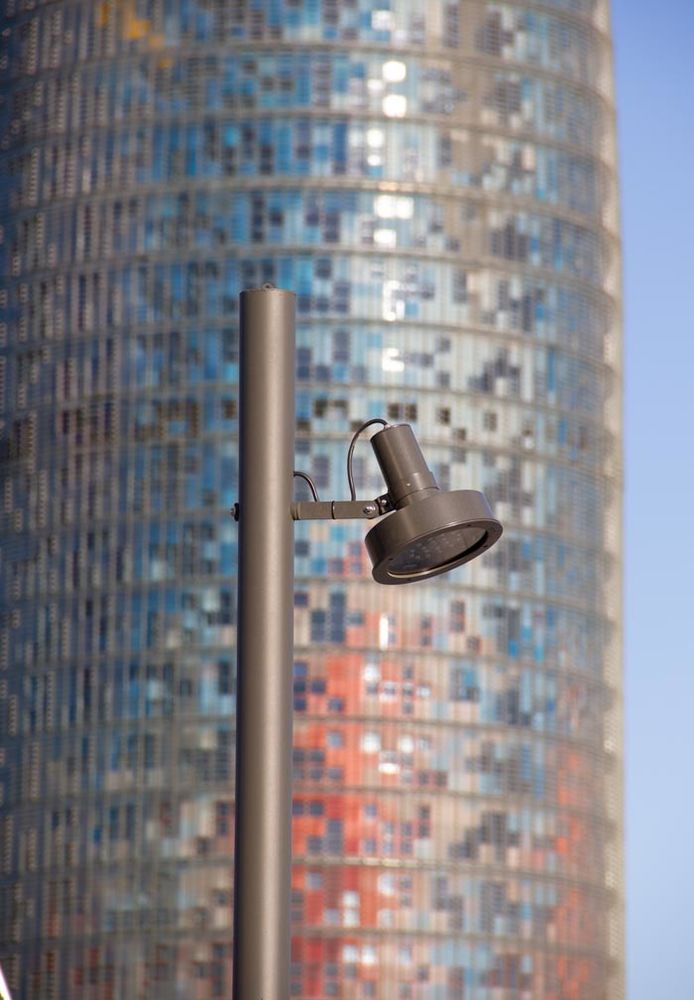
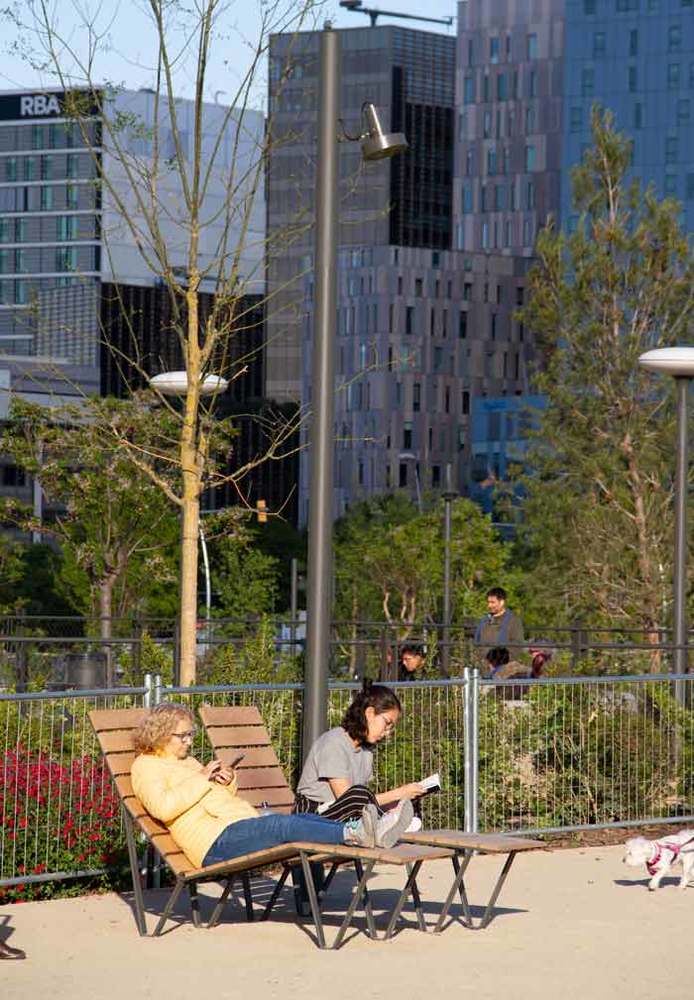
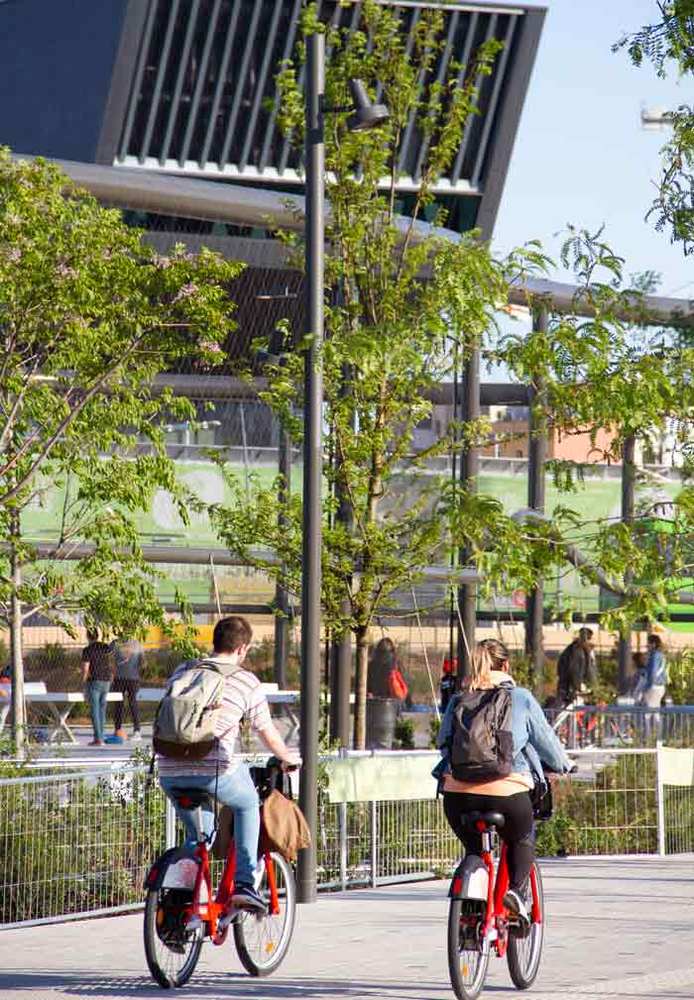
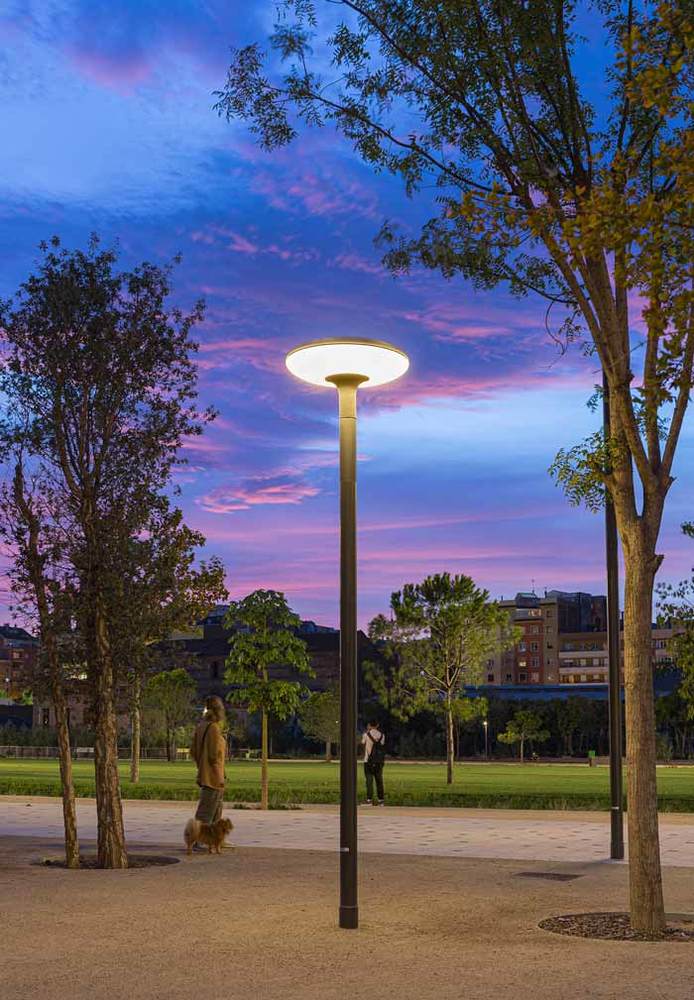
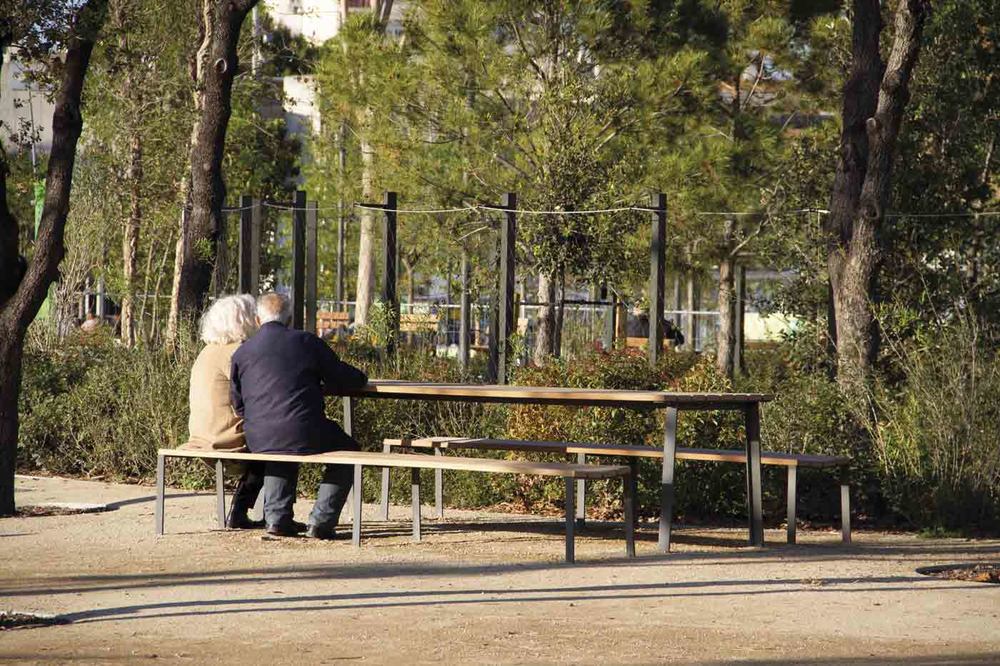
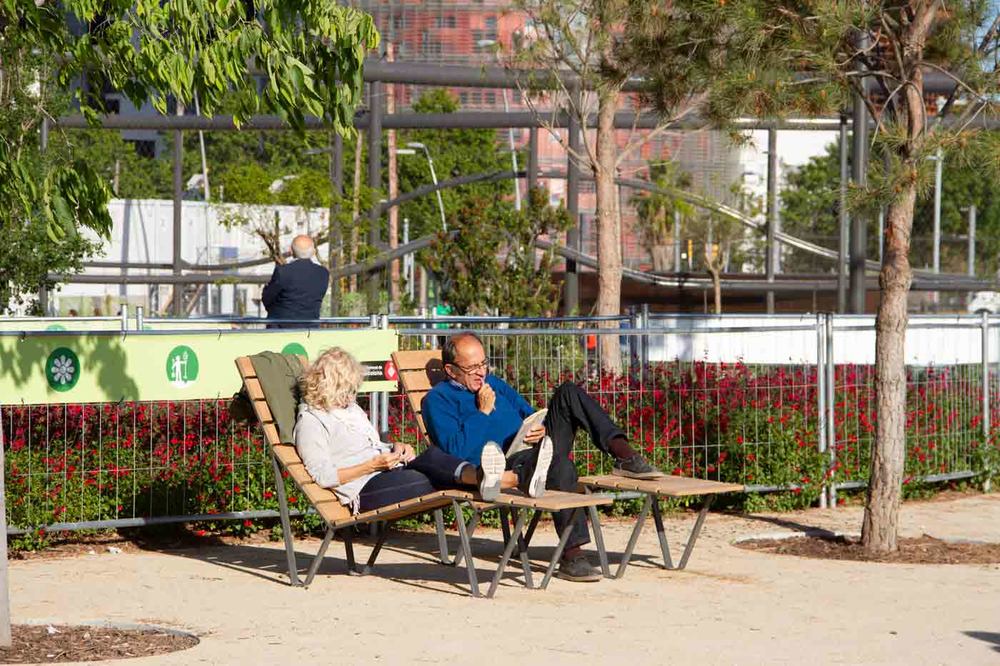
Regeneration of the Plaza de las Glorias junction as a large green space, which heralds from the Barcelona as designed by Ildefons Cerdà at the end of the 19th century, poses one of the greatest challenges for the city in terms of urban planning and the environment.
The distinguishing and most valued features of the urban lighting proposal by the tender winners Agence Ter & Ana Coello Paisaje y Arquitectura are the restoration of nature in the city, continuity of the Diagonal as a symbolic axis, the local and metropolitan dimension and integration of public transport, facilities and housing. It is a complete regeneration of the Plaza that has remained faithful to the initial agreement between the City Council and residents as signed in the “Commitment of Glòries”.
The redesigned road junction, located partially under the new plaza, frees up an area of approximately 15 hectares, creating a large, sensitised and connected space for the city. This meeting point, which extends eastwards away from the built-up area, replaces private traffic with an alternative intermodal type of transportation within a green, spacious and comfortable environment. Planning of the project is based on a close relationship between different functional levels. A continuous ground plane strengthens the horizontality and connection between the adjoining neighbourhoods; green connectors are created by means of a tree-lined canopy that is fresh, orderly and varied in terms of species and heights; and various nodes intensify the biodiversity.
Urban lighting and biodiversity Light takes on a leading role in this project and organises the new space via pedestrian pathways that follow the main axes that traverse the park. The initial concept for the urban lighting, by La Invisible, proposes a subtle, continuous transition of chiaroscuro, ranging from greater to lesser homogeneity, creating zones and arranging the space according to the different uses.
Contrast is introduced to highlight the natural shapes and volume, preserving the natural characteristics of the vegetation in a unique way by using amber light. The Urbidermis-designed Arne and Arne S floodlights, in their various versions in terms of formats and heights, are therefore perfectly suited to the project requirements due to their simplicity and versatility, illuminating with precision and suitable intensity. Their zenithal light illuminates the canopy at higher elevations and the pedestrian areas or protected biodiversity perimeters on the lower levels.
The new park is conceived as a communal, welcoming space with a human scale, with dark toned finishes that complement the vegetation. It is for this reason that a design has been chosen that is welcoming in terms of its elements, with luminaires that are more homely than city-like. The Lentis streetlamp with its warm and diaphanous light is used in the dog areas and the urban lounges, thus strengthening the idea of elements that are more domestic in nature.
In terms of street furniture, the Harpo table and Harpo banquette encourage social interaction, as does the Harpo chaise longue which, placed around the perimeter of the large central esplanade, creates welcoming micro-spaces for relaxation.


